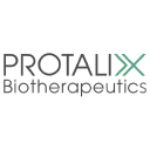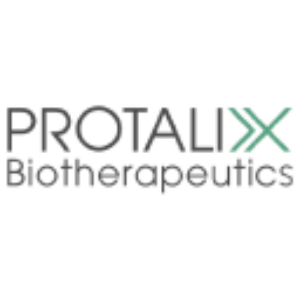Welcome to our dedicated page for Protalix Biother news (Ticker: PLX), a resource for investors and traders seeking the latest updates and insights on Protalix Biother stock.
Protalix BioTherapeutics (NYSE: PLX) is a biopharmaceutical innovator leveraging its proprietary ProCellEx® plant cell-based technology to develop enzyme replacement therapies for rare diseases. This page provides investors and industry stakeholders with timely updates on clinical developments, regulatory milestones, and strategic partnerships.
Access comprehensive coverage of PLX's advancements in treating Gaucher disease, Fabry disease, and other rare conditions. Track updates across three key areas: clinical trial progress for pipeline candidates, commercial partnerships with global pharmaceutical leaders, and manufacturing innovations through the ProCellEx® platform.
Our curated news collection enables efficient monitoring of FDA submissions, earnings reports, and licensing agreements. Stay informed about the company's unique approach to cost-effective bioproduction and its expanding role in addressing unmet medical needs through plant-based protein expression systems.
Bookmark this page for direct access to verified press releases and objective analysis of Protalix's position within the competitive rare disease therapeutics market. Regular updates ensure you maintain current awareness of developments impacting both clinical outcomes and investment considerations.


